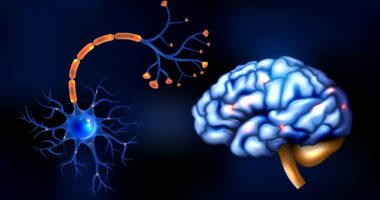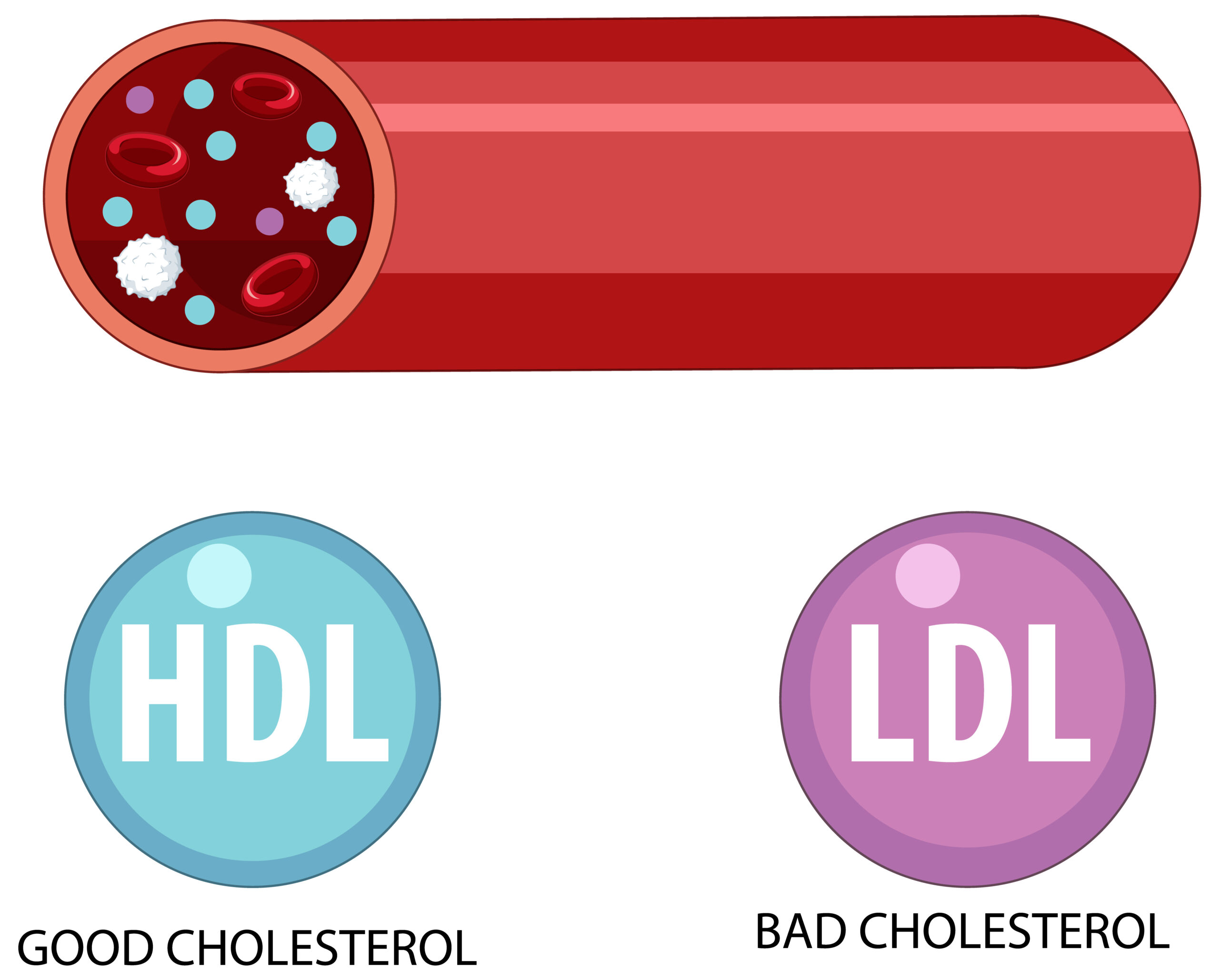Echolalia is a speech phenomenon where an individual repeats words, phrases, or sentences spoken by others. It is a common behavior in children with Autism Spectrum Disorder (ASD) but can also be seen in typically developing children, particularly during early language development. Understanding echolalia and knowing how to support your child can significantly enhance their communication skills and overall development.
What Is Echolalia?
Echolalia can be categorized into two main types – immediate and delayed.
1. Immediate Echolalia
Did you know that immediate echolalia happens when a child instantly repeats words or phrases after hearing them? Imagine you ask a child, “Do you want juice?” and the child responds by echoing, “Do you want juice?”
2. Delayed Echolalia
Delayed echolalia happens when a child repeats phrases or sentences heard previously, sometimes days, weeks, or even months later. This can include lines from movies, TV shows, or conversations they’ve heard.
Why Do Children Use Echolalia?
Echolalia serves various purposes for children, particularly those with autism. It can be a way of:
Learning Language: Repetition helps children practice and learn new words and phrases.
Communicating Needs: Some children use echolalia to express needs or desires when they lack other communication methods.
Self-Soothing: Repeating familiar words or phrases can be comforting and help manage anxiety.
Interacting Socially: Children might use echolalia to participate in conversations when they’re unsure how to respond otherwise.

How to Support Your Child with Echolalia
Understanding the function of your child’s echolalia is crucial for providing appropriate support. Here are several strategies to help your child develop more effective communication skills.
1. Model Appropriate Language
Consistently model simple and clear language. Speak slowly, use short sentences, and emphasize keywords. How about reframing “Do you want to go outside and play?” as “Let’s go outside and have some fun”?
2. Expand on Their Responses
When your child uses echolalia, expand on their response to provide more context. If they repeat, “Juice?” you might say, “Yes, you want juice. Here is your juice.”
3. Use Visual Supports
Visual supports, such as picture cards or visual schedules, can help children understand and use language more effectively. These tools can provide visual cues to accompany verbal instructions, making it easier for your child to comprehend and respond appropriately.
4. Encourage Functional Language
Guide your child toward using functional language by teaching them phrases they can use in daily situations. Practice common phrases like, “I want juice,” or “Help me, please,” during relevant activities.
5. Engage in Interactive Play
Interactive play can provide natural opportunities for language development. Use toys, games, and activities that encourage back-and-forth communication. Narrate your actions and encourage your child to do the same.
6. Use Prompting Techniques
Prompting can help your child move from echolalia to more spontaneous speech. Start with direct prompts (e.g., “Say, ‘I want a snack.'”) and gradually reduce prompts as your child becomes more confident.
7. Incorporate Songs and Rhymes
Repeatedly singing songs and reciting rhymes can be a super fun and effective method for improving language skills. Sing familiar songs with your child and encourage them to join in, gradually adding new words and phrases.
8. Seek Professional Support
Speech-language pathologists (SLPs) are trained to help children with communication challenges, including echolalia. An SLP can assess your child’s speech and language skills and develop a tailored intervention plan to support their communication development.
Understanding the Benefits of Echolalia
While echolalia may seem unusual, it is an important step in language development for many children. It reflects their attempts to understand and use language, providing a foundation for more complex communication skills.
Conclusion
Echolalia is a natural part of language development for many children, especially those with autism. By understanding its purpose and implementing supportive strategies, parents can help their children develop more effective communication skills. Patience, consistency, and professional guidance are key to helping your child progress. With the right support, echolalia can be a stepping stone to richer and more functional communication. If you have concerns about your child’s language development, consider consulting a speech-language pathologist for personalized advice and intervention.









